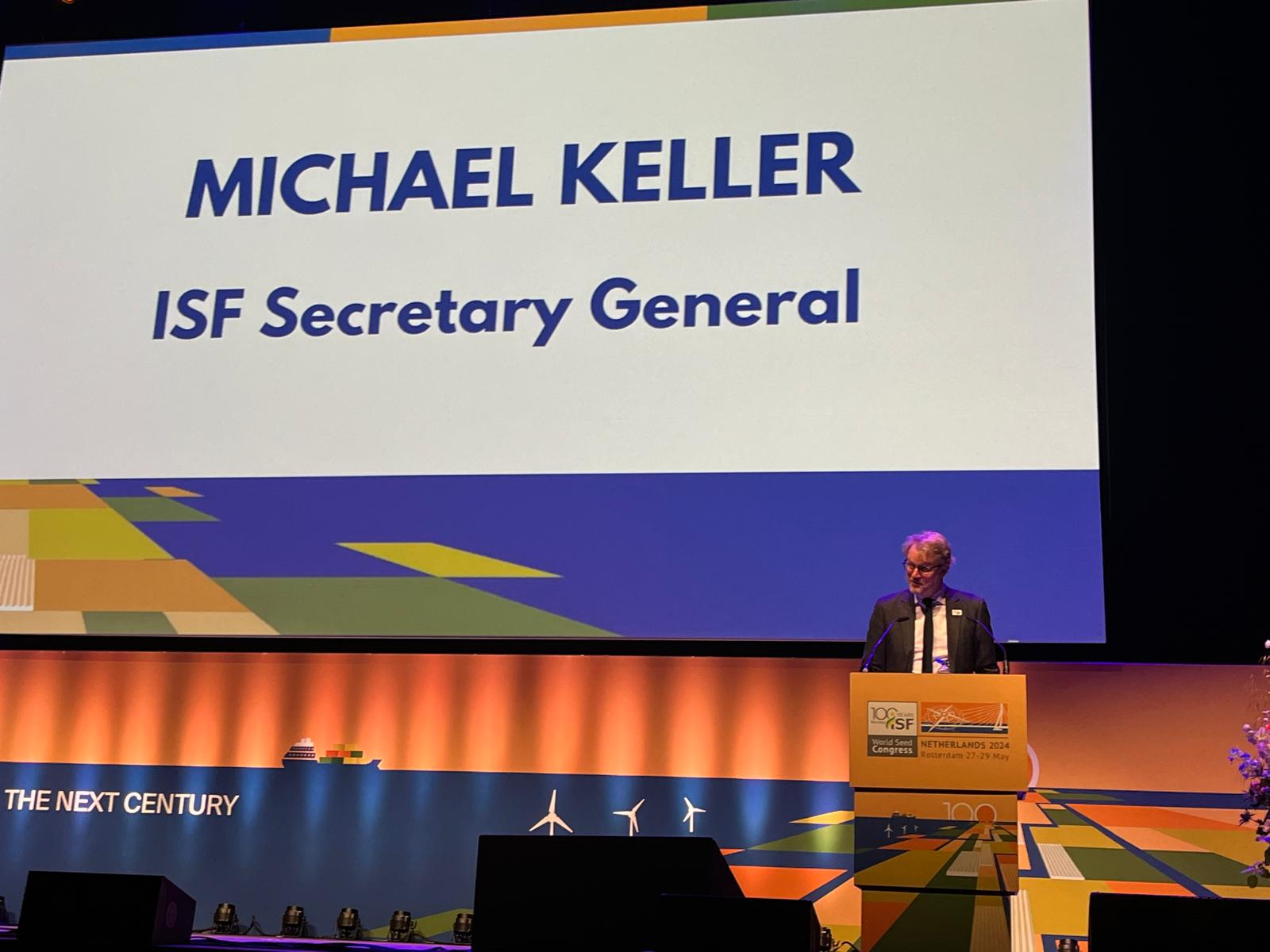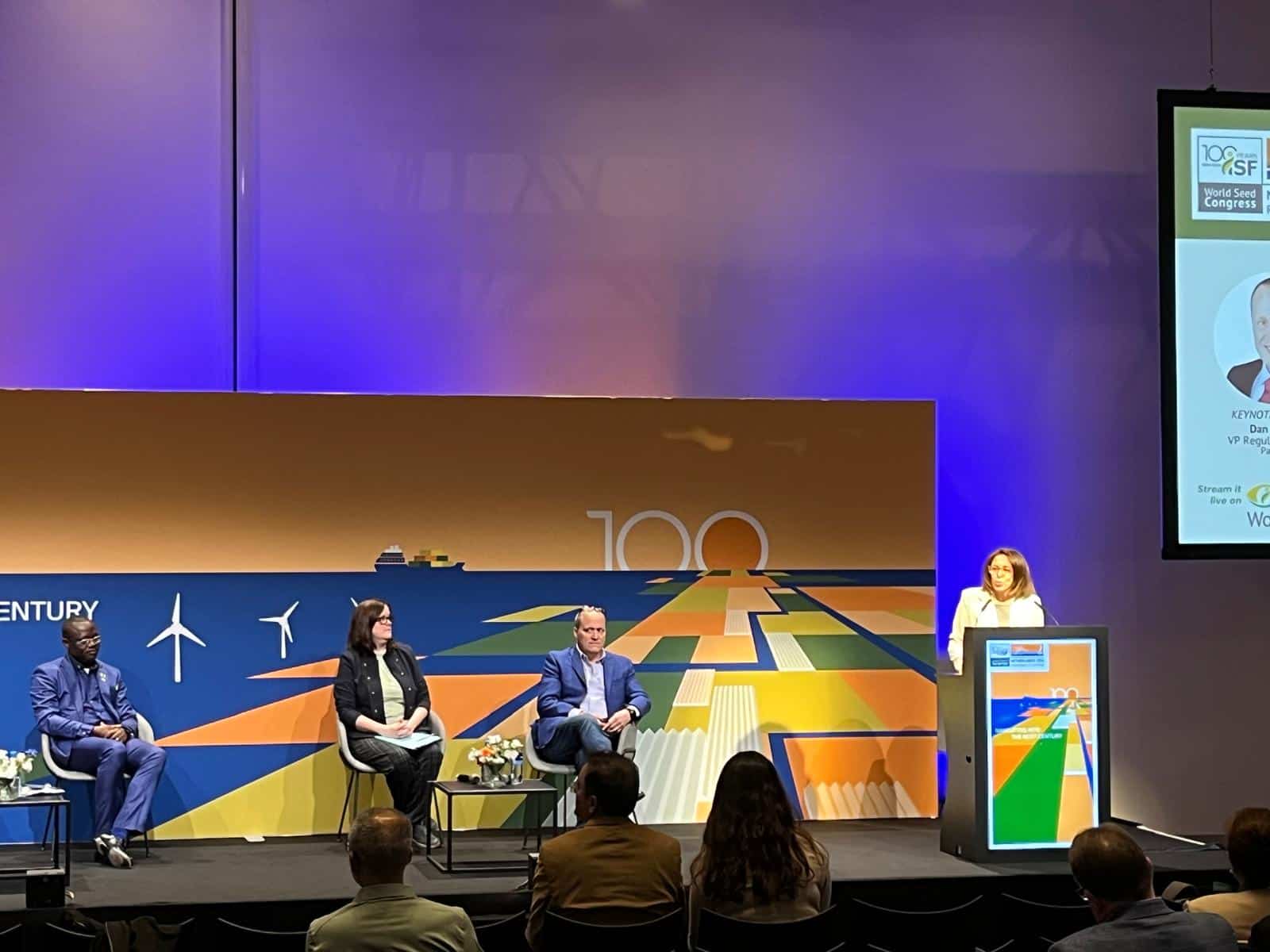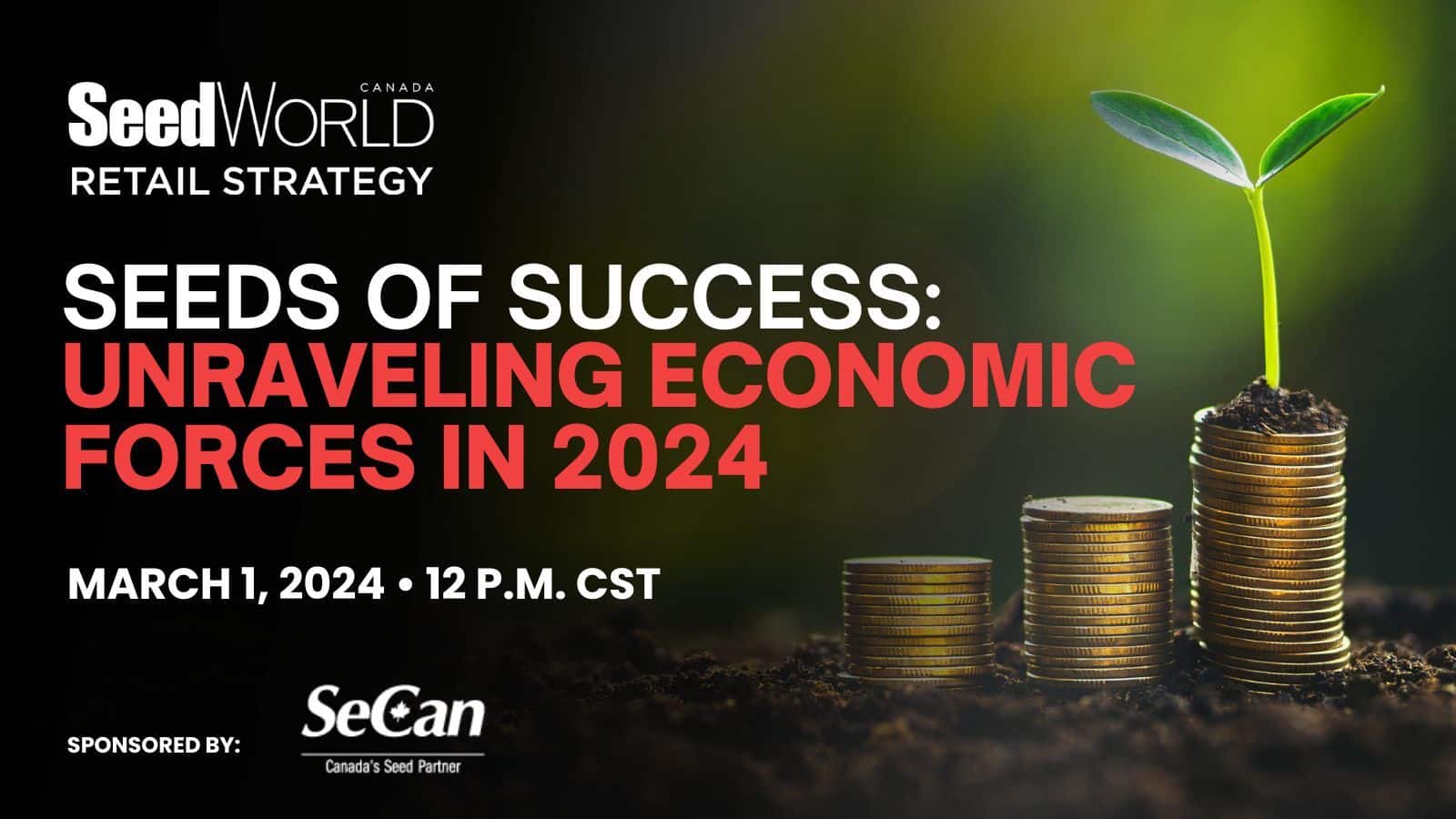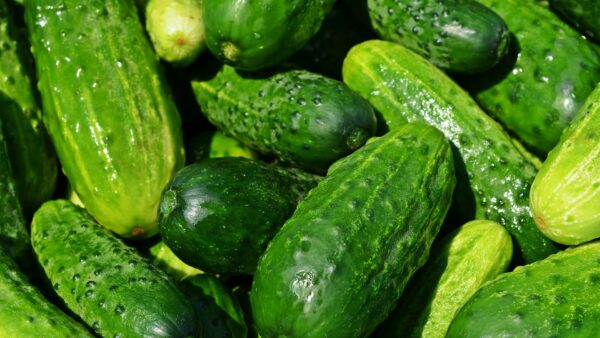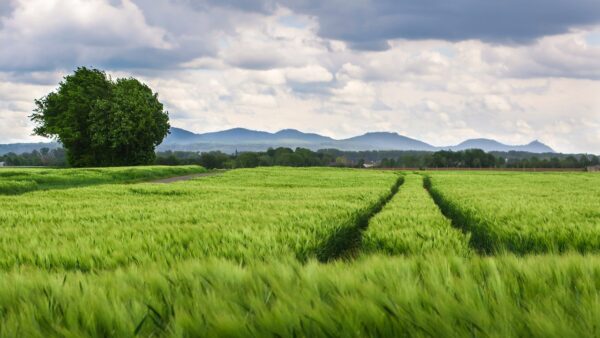Day 1 of the World Seed Congress was jam-packed with an incredible line-up of global thought leaders speaking on seed sector issues of note. Some of the most notable sessions of the day included:
Global Seed Movement: Challenges and Opportunities in Treated Seed Trade
The very first major session of the World Seed Congress dug into the significance of treated seeds in global agriculture, particularly for enhancing crop yields and disease resistance. In a recent position paper on this subject, ISF discussed the challenges and importance of the international movement of treated seed. In this session, the primary authors of the position paper explained the key points presented in the paper and highlighted the need for consistent international regulations on seed treatment products to streamline global trade, which is crucial in the face of escalating global food demands and environmental changes.
Speakers included Laurel Carter, Syngenta; Ralf Glaubitz, Bayer; Christine Hazel, Corteva Agriscience. The session was moderated by Jean-Paul Judson from Nowmore.
Seeding a Sustainable Future – Innovations in Seed Solutions
In this session, Germains Seed Technology offered up a panel of experts who together delved into the latest advancements in sustainable seed solutions. From cutting-edge innovations to combat crop losses caused by abiotic stress factors, to forging strategic partnerships for a sustainable future, this session provided insights into shaping more environmentally conscious seed solutions for the seed industry and the growers we serve.
Speakers, all from Germains Seed Technology, included Victoria Lawrence, managing director; Dale Krolikowski, head of business development and research; and Paul van den Wijngaard, head of research & development – Europe.
Keynote: Global Shifts: Understanding the Decline of Globalization
Among the biggest highlights of the day came from someone who, despite standing outside of the seed sector, enormously values its importance. The afternoon’s keynote address was given by Jan Peter Balkenende, former Prime Minister of the Netherlands (2002-2010).
Balkenende knows perhaps more than most that global trade dynamics are changing rapidly. In his keynote address, Balkenende spoke about how these dynamics are directly impacting businesses across industries, including the international seed industry. As the world shifts from established multilateral norms to a more devolved and fragmented trade landscape, understanding these changes is crucial for seed companies to navigate uncertainties, adapt strategies, and seize new opportunities.
Specifically, Balkenende dug into the evolving global order and strategies for ensuring resilience and competitiveness in a rapidly evolving economic environment. The session was moderated by Simone van Trier.
Seeding success: Unveiling the Role and Impact of the World Seed Partnership
In a world facing unprecedented challenges, the World Seed Partnership (WSP) unites stakeholders across borders and disciplines in a shared mission to cultivate a sustainable future. By promoting access to quality seeds, conserving genetic diversity, fostering innovation, and building human capacity, the WSP is transforming the agricultural landscape, one seed at a time. In this session, representatives from the five members — ISF, the Organization for Economic Cooperation and Development (OECD) Seed Schemes, the International Seed Testing Association (ISTA), the International Union for the Protection of New Varieties of Plants (UPOV) and the World Farmers Organization— shared how the WSP is moving forward to overcome the challenges and embrace the opportunities of today’s global realities.
Navigating the New Global Order: What is the Future of Seed Trade?
The current shift in global trade dynamics, characterized by a move from multilateralism to a decentralized and fragmented structure, poses a challenge for seed trade given that seed interdependency is an ongoing reality. In this session, three key global seed leaders tackled some of the seed sector’s biggest questions: What is the future of seed trade in the new global trade context? What is the role of multilateral organizations like OECD and WTO in reshaping the landscape of international agricultural trade, including seeds?


